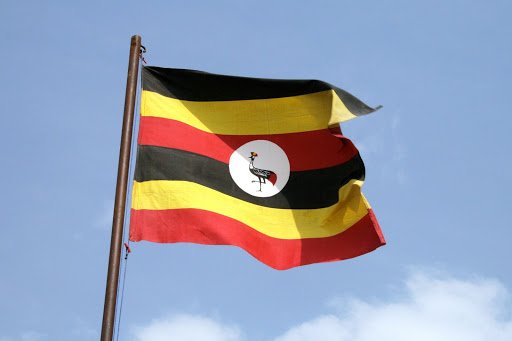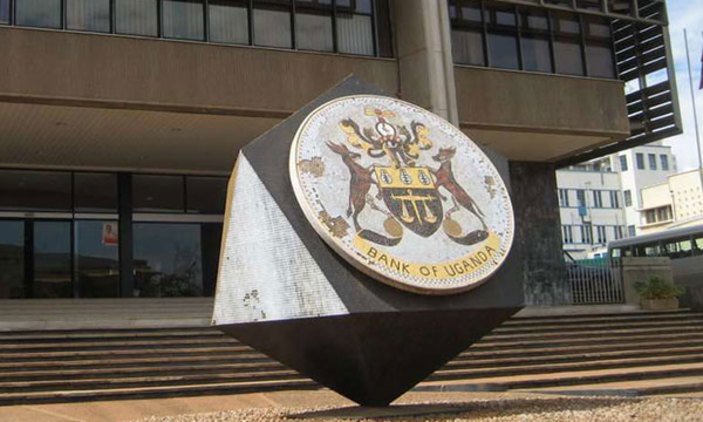Fitch Ratings has affirmed Uganda's Long-Term Foreign-Currency Issuer Default Rating (IDR) at 'B+' with a Stable Outlook.
KEY RATING DRIVERS
The 'B+' rating reflects Uganda's strong medium-term growth outlook and track record of relative macroeconomic stability, balanced against persistent twin deficits. The rating is constrained by low GDP per capita, a weak business environment, and political risks related to the lack of a clear succession plan for the long-serving President Museveni.
Fitch forecasts Uganda's GDP growth to accelerate to 5.8% in the fiscal year ending June 2019 (FY19). This follows an acceleration to 5.5% in FY18 after growth dropped to 3.9% in the previous year owing to drought conditions and lower government expenditure. The recovery in overall growth has been supported by strong growth in the services sector and by a rebound in agriculture following improved rainfall. Under-execution of the capital budget presents a downside risk to the growth outlook. Moreover most of Uganda's agriculture is rain-fed, a fact that will leave agricultural output varying with weather conditions, and low levels of private-sector credit growth will continue to act as a drag on economic growth.
Uganda's medium-term growth outlook supports the ratings. Fitch expects growth to reach 6% in FY20 and to remain at or above that level in the following years. The commencement of oil production will provide an additional boost to growth, but Fitch expects that oil production will not begin before FY22. The date of first oil in Uganda has been a moving target, with significant delays stemming from slow movement on government actions necessary to begin building wells, storage facilities and an export pipeline. Most notably, the authorities will need to settle land rights issues and implement the inter-governmental agreement with Tanzania before the final investment decision on the planned export pipeline can be made.
The track record of relative macroeconomic stability is a rating strength. The Bank of Uganda's (BOU) monetary policy has helped moderate inflation. CPI growth fell to 1.7% in May 2018, from 7.2% in same month in 2017, although Fitch expects inflation to begin rising and to average 5.8% in FY19. The authorities' commitment to a flexible FX rate makes Uganda less vulnerable to external shocks and has helped with foreign reserves accumulation. Fitch forecasts reserves to increase to USD3.5 billion by end-2018, up from USD2.9 billion in 2015. The reserves level will fall in months of current external payments (CXP) in 2018, to 4.8 months from 5.3 in 2017, but this still compares favourably with the 'B' median of 3.9 months of CXP.
The authorities' economic policymaking was supported by a non-disbursing Policy Support Instrument (PSI) that commenced in 2013. The programme expired in 2017, but the government is in discussions with the Fund for a new three-year programme. In Fitch's view, a new programme would support the authorities' policy adjustment efforts, especially in the areas of public finances and fiscal policy.
Uganda's fiscal deficit continues to be wider than peers, with an FY17/18 general government deficit estimated at 4.9% of GDP, compared with 3.7% for the 'B' median. Fitch expects that Uganda's deficit will widen to 6.4% of GDP in FY18/19, as the government continues increasing its capital expenditure to finance infrastructure developments. Uganda's fiscal deficits have been somewhat restrained by lower-than-budgeted levels of capital expenditure; this trend is likely to continue. Under-execution of the capital budget reflects ongoing problems with project implementation, which is likely to have a negative impact on the return on investment of Uganda's infrastructure build-out.
Public-sector debt has risen substantially as external borrowing has replaced grants in financing government deficits. Grants averaged over 4% of GDP in FY03 to FY12, but fell to 1.1% in FY13 to FY17. Over the same five-year period general government debt rose to 36.8% of GDP, from 26.8%. Fitch forecasts government debt to rise to 38% by end-FY19 and to peak at 46% of GDP only in FY22. Although this is in line with the authorities plan to keep debt under 50% of GDP, rising levels of debt limit the country's ability to deal with shocks.
Fitch forecasts Uganda's current account deficit (CAD) to narrow slightly in 2018, to 4.2% of GDP, which is equal to the 'B' median. However, the CAD will widen to 8.2% of GDP in 2019, as increasing development spending drives an increase in imports. Uganda's net external debt (forecast at 20.5% of GDP in 2018) is higher than peers, but most of the external debt stock is in long-dated, concessional or near-concessional debt to the sovereign.
Uganda is under-banked with banking sector assets below 30% of GDP. The sector is characterised by a high level of variance between foreign-owned banks and domestic banks in terms of credit profile and balance sheet strength. Banks have been impacted by economic headwinds, but the recovery in growth has improved the sector's financial soundness indicators. Asset quality has improved, with NPLs falling to 5.3% as of March 2018 after peaking at 10.5% in 4Q16. Ugandan banks are relatively well capitalised, with a ratio of Tier 1 capital to assets of 21.6% in March 2018. In our view, these levels are prudent because of the banks' sensitivity to high credit concentration. According to the BOU's stress tests, the sector is resilient even to large shocks.



































